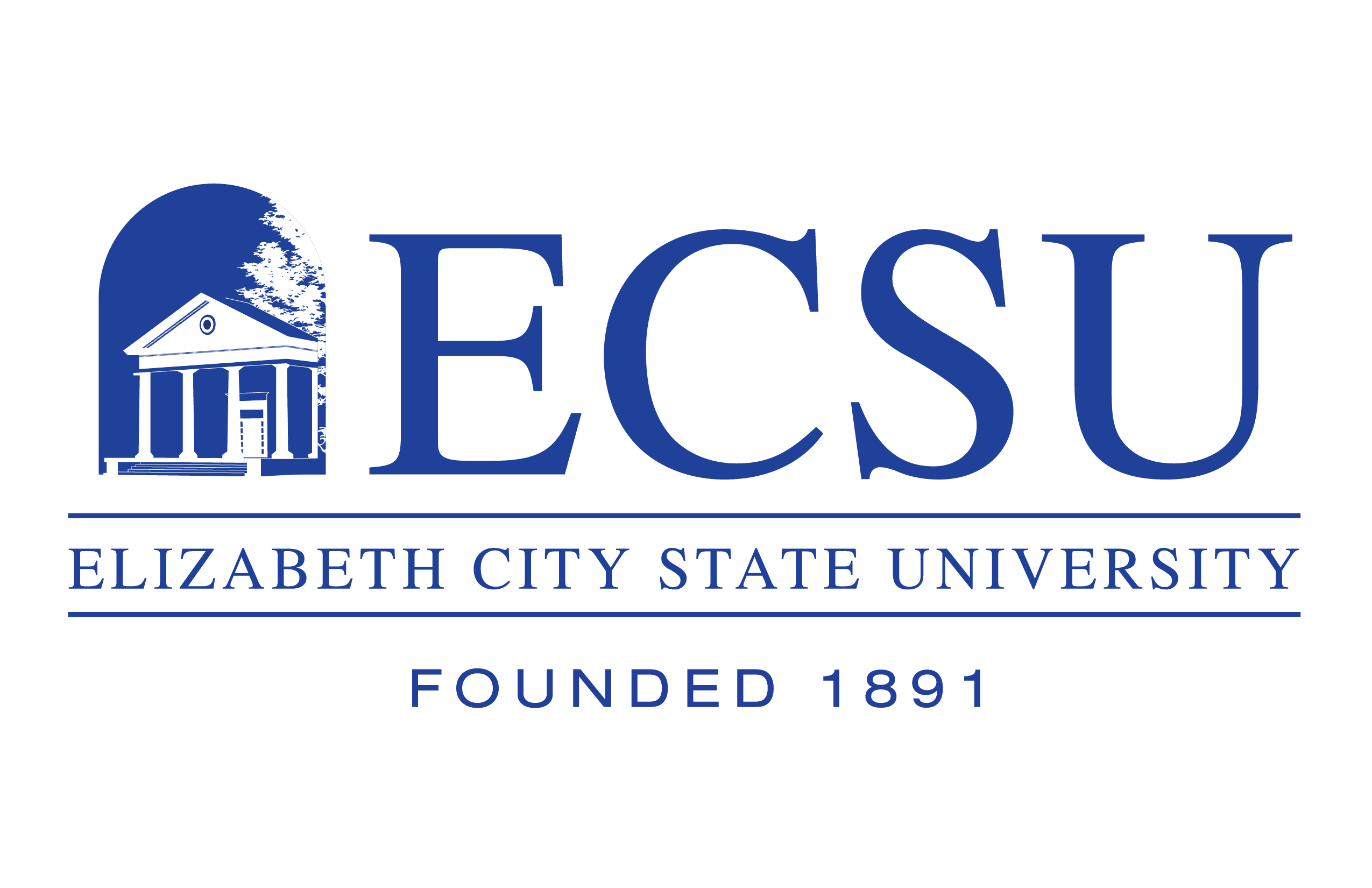Faculty Resources
Resources
Building an Inclusive Syllabus (Stanford University):
Centering your syllabus around equity and inclusivity in this way can contribute to overall student success in your courses.
Seven Principles For Good Practice in Undergraduate Education by Arthur W. Chickering and Zelda F. Gamson:
The seven principles for good practice in undergraduate education provide a framework for quality teaching and learning.
Faculty Focus: "Good Teaching: The Top 10 Requirements"
Artificial Intelligence Teaching Guide (Stanford University):
This artificial intelligence teaching guide will help you make informed decisions about use of AI chatbots in your teaching practice and courses.
Workshop Series Descriptions
QM Essentials: Standards in Action
The Quality Matters (QM) refresh workshop is designed to guide you through the core principles of the Quality Matters standards, providing a clear framework for effective course design. We will explore the key elements of the QM rubric including practical strategies for implementation. We hope this workshop will help you enhance course quality, improve student engagement, and create more effective learning environments.
QM in Action: Building Courses That Work
Integrating Quality Matters (QM) standards into course design ensures that courses are aligned, engaging, and accessible for all learners. By applying the QM rubric, you can enhance course structure, clarity of learning objectives, and student support, resulting in a more effective learning experience. This approach not only improves course quality, but also fosters student success, and a more inclusive environment for diverse student populations.
Mapping Success: Harmonizing Objectives, Activities, & Assessments
The Mapping Success workshop focuses on the critical alignment of course elements to ensure that learning objectives, instructional activities, and assessments work together seamlessly. We will explore practical strategies for designing courses where each component works in harmony to support student success and drive meaningful learning outcomes. Through collaborative discussions, you will leave with the tools needed to create cohesive, well-aligned courses that engage students and promote deeper learning.
